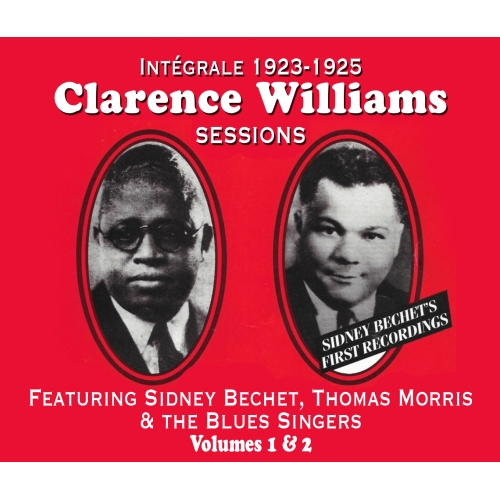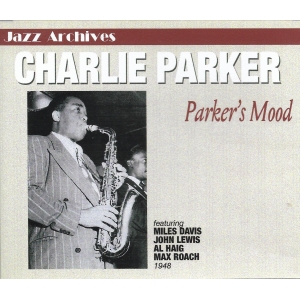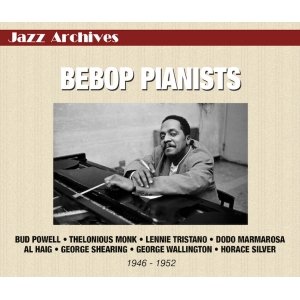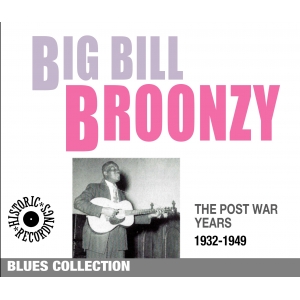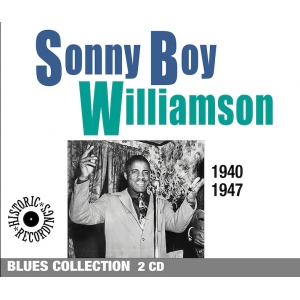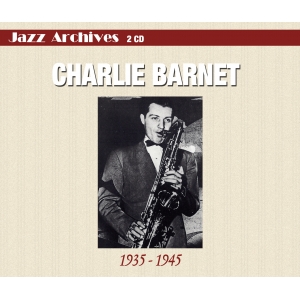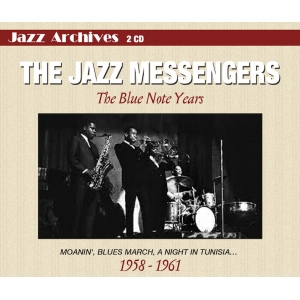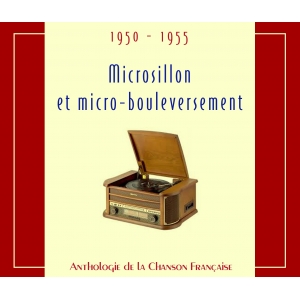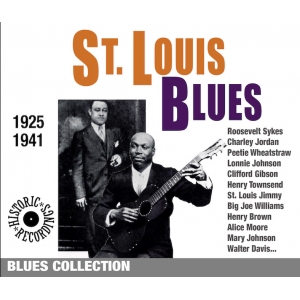Clarence WILLIAMS / COMPLETE SESSIONS
VOUS RECEVREZ UN BON D'ACHAT 10% À PARTIR DE 40 € DE COMMANDE
Clarence Williams Intégrale 1923 - 1925
Louis ARMSTRONG, Sydney BECHET, Thomas MORRIS, Bubber MILEY, THE BLUES SINGERS....
CD 1 1 WILD CAT BLUES2 KANSAS CITY MAN BLUES3 BLIND MAN BLUES4 ATLANTA BLUES5 LADY LUCK BLUES6 KANSAS CITY MAN BLUES7 OH ! DADDY BLUES8 I’VE « THE YES WE HAVE NO BAANAS BLUES »9 ACHIN HEARTED BLUES10 IRRESISTIBLE BLUES11 JAZZIN’ BABY BLUES12 « AIN’T » NOBODY’S BUSINESS IF I DO13 NEW ORLEANS HOP SCOP BLUES14 OH ! DADDY BLUES15 DOWN ON THE LEVEE BLUES16 LONESOME WOMAN BLUES17 GRAVEYEARD DREAM BLUES18 A GREEN CAN’T CATCH ON19 IF I LET YOU GET AWAY WITH IT20 E-FLAT BLUES21 OLD FASHIONED LOVE22 OPEN YOUR HEART23 SHREVEPORT BLUES24 OLD FASHIONED LOVE
CD 2 1 HOUSE RENT BLUES2 MEAN BLUES3 JAILHOUSE BLUES4 FOOLIN’ ME5 GHOST OF THE BLUES6 TEXAS MOANER BLUES7 EARLY IN THE MORNING8 YOU’VE GOT THE RIGHT KEY BUT THE WRONG KEYHOLE9 OF ALL THE WRONNGS YOU DONE TO ME10 EVERIBODY LOVES MY BABY11 PAPA, MAMA’S ALL ALONE BLUES12 CHANGEABLE DADDY OF MINE13 BABY I CAN’T USE YOU NO MORE14 TROUBLE EVERYWHERE I ROAM15 I’M SO GLAD I’M BROWNSKIN16 OFF AND ON BLUES17 MANDY MAKE UP YOUR MIND18 I’M A LITTLE BLACKBIRD LOOKING FOR A BLUEBIRD19 WHO’LL SHOP TOUR SUEY WHEN I’M GONE ?20 DONE MADE A FOOL OUT OF ME21 CAKE WALKIN’ BABIES FROM HOME22 PICKIN’ ON YOUR BABY23 CAST AWAY24 PAPA DE-DA-DA
Clarence Williams (October 6, 1898[ or October 8, 1893[ – November 6, 1965) was an American jazz pianist, composer, promoter, vocalist, theatrical producer, and publisher.
Williams was born in Plaquemine, Louisiana, to Dennis, a bassist, and Sally Williams, and ran away from home at age 12 to join Billy Kersands' Traveling Minstrel Show, then moved to New Orleans. At first, Williams worked shining shoes and doing odd jobs, but soon became known as a singer and master of ceremonies. By the early 1910s, he was a well-regarded local entertainer also playing piano, and was composing new tunes by 1913. Williams was a good businessman and worked arranging and managing entertainment at the local African American vaudeville theater as well as at various saloons and dance halls around Rampart Street, and at clubs and houses in Storyville.
Williams started a music publishing business with violinist/bandleader Armand J. Piron in 1915, which by the 1920s was the leading African-American owned music publisher in the country. He toured briefly with W. C. Handy, set up a publishing office in Chicago, then settled in New York in the early 1920s. In 1921, he married blues singer and stage actress Eva Taylor, with whom he would frequently perform.
He was one of the primary pianists on scores of blues records recorded in New York during the 1920s. He supervised African American recordings (the 8000 race series) for the New York offices of Okeh phonograph company in the 1920s in the Gaiety Theatre office building in Times Square. He recruited many of the artists who performed on the label. He also recorded extensively, leading studio bands frequently for OKeh, Columbia and occasionally other record labels.
He mostly used "Clarence Williams' Jazz Kings" for his hot band sides and "Clarence Williams' Washboard Five" for his washboard sides. He also produced and participated in early recordings by Louis Armstrong, Sidney Bechet, Bessie Smith, Virginia Liston, Irene Scruggs, his niece Katherine Henderson, and others. Two of his 1924 recording bands, "The Red Onion Jazz Babies" and "Clarence Williams' Blue Five" featured cornetist Armstrong and soprano saxophonist Bechet, two of the most important early jazz soloists, in their only recordings together before the 1940s. Clarence Williams' Blue Five, a studio band only, formed after the success of King Oliver's recordings in order to explore the market for blues-oriented music. The rivalry between Armstrong and Bechet, who tried to outdo each other with successive solo breaks, is exemplified in "Cake Walkin' Babies from Home", the most celebrated of these performances, which survives in versions recorded by both bands.[ Although the narrative of a rivalry during these recordings is frequently discussed in scholarship, Armstrong and Bechet do have moments of friendly collaboration, such as the shared break in "Texas Moaner Blues." King Oliver played cornet on a number of Williams's late 1920s recordings. He was the recording director for the short-lived QRS Records label in 1928.
", "Close Fit Blues" and "Papa De-Da-Da" numerous times.
Among his own compositions was "Shout, Sister, Shout" (1929), which was recorded by him, and also covered by the Boswell Sisters, in 1931.In 1933, he signed to the Vocalion label and the recordeings mostly featuring washboard percussion, through 1935 (and a session in 1938). He also recorded for Bluebird in 1937, and again in 1941.
In 1943, Williams sold his extensive back-catalogue of tunes to Decca Records for $50,000 and retired, but then bought a bargain used-goods store, the Harlem Thrift Shop. Williams died in Queens, New York City, in 1965, and was interred in Saint Charles Cemetery in Farmingdale on Long Island. On her death in 1977, his wife, Eva Taylor, was interred next to him.
Clarence Williams was the grandfather of actor Clarence Williams III.

